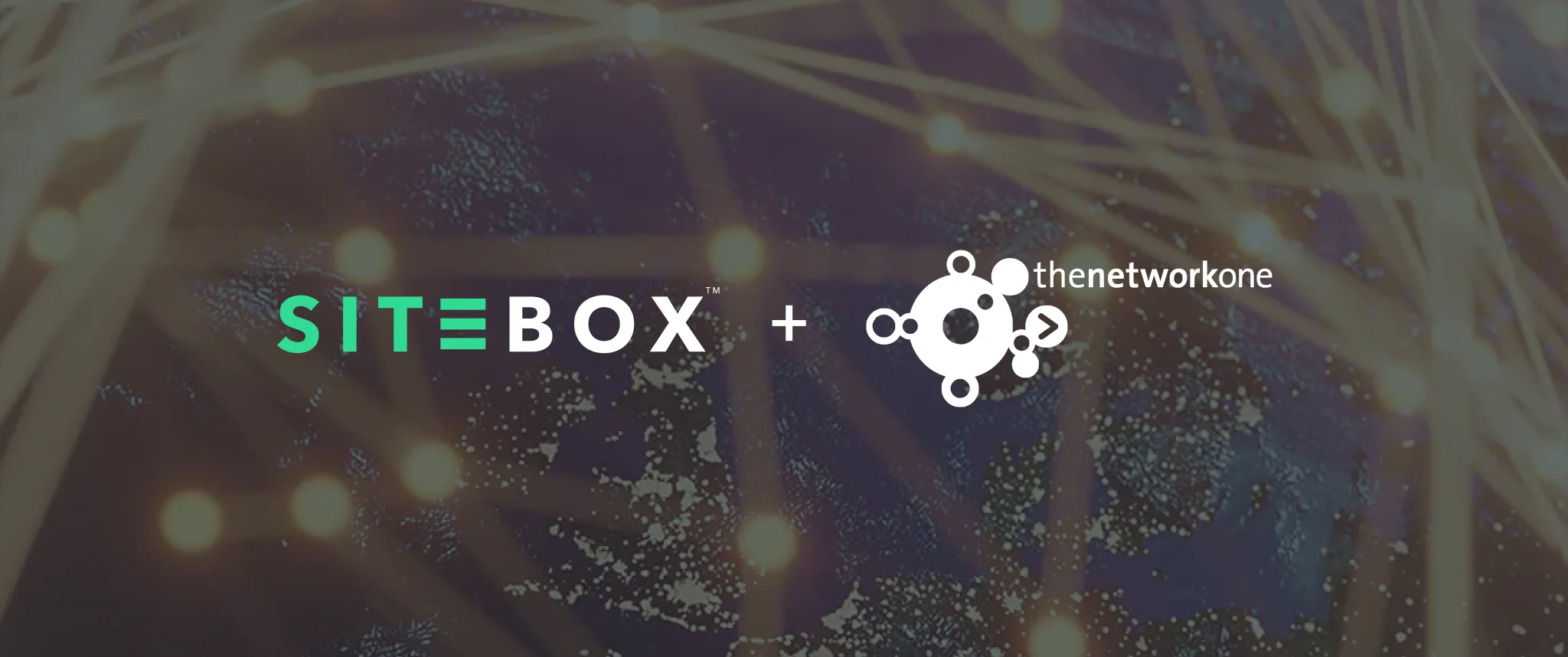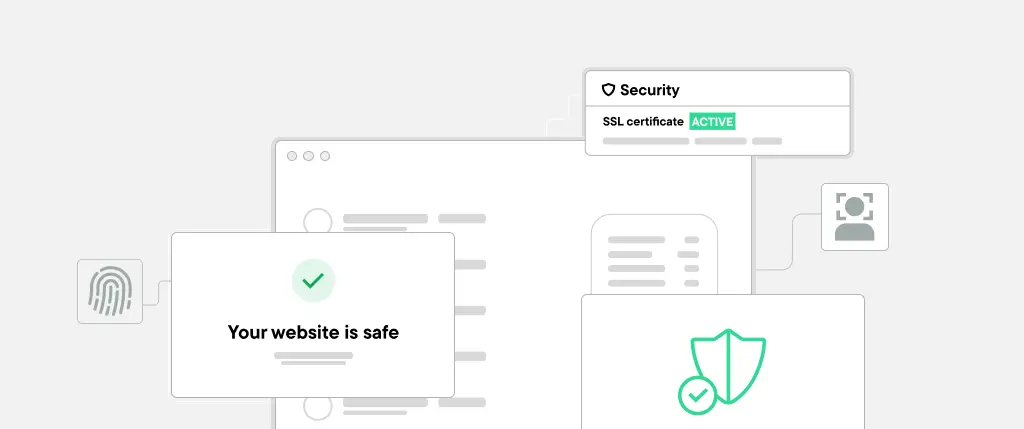When it comes to search engine rankings, most people focus on content and keywords. However, one often-overlooked factor is web hosting. Your hosting provider plays a crucial role in website speed, uptime, and security—all of which impact SEO (Search Engine Optimization).
If you’re running a WordPress website, choosing the right hosting plan isn’t just about performance—it can directly affect how Google ranks your site. In this guide, we’ll break down the link between SEO and web hosting and show you how Sitebox ensures your site stays optimized for search engines.
How Web Hosting Impacts SEO
Your hosting provider affects several key factors that search engines consider when ranking websites:
1. Website Speed and Page Load Time
Google prioritizes fast-loading websites because they provide a better user experience. If your site takes too long to load, visitors will leave quickly (increasing your bounce rate), which signals to Google that your site may not be useful.
How Sitebox Helps:
- Uses LiteSpeed servers optimized for WordPress
- Offers built-in caching and CDN (Content Delivery Network)
- Provides SSD storage for faster data retrieval
2. Server Uptime and Reliability
Google rewards websites that are consistently available. Frequent downtime can lead to ranking drops because search engines struggle to crawl your site when it’s offline.
How Sitebox Ensures Uptime:
- 99.99% uptime guarantee
- Auto-scaling cloud infrastructure to handle traffic spikes
- Real-time monitoring and proactive issue resolution
3. Server Location and SEO
Your server’s physical location affects page speed for users in different regions. If you target a specific country, choosing a local server can improve performance and rankings in that area.
How Sitebox Optimizes Server Location:
- Offers multiple data center locations worldwide
- Integrates with Cloudflare CDN for global speed optimization
4. Security and SSL Certificates
Google prioritizes secure websites. An SSL certificate (HTTPS) is a ranking factor, and unsecured sites can suffer ranking penalties.
How Sitebox Enhances Security:
- Free SSL certificates for all sites
- Automated malware scanning and firewalls
- DDoS protection to prevent attacks
5. Scalability and Performance Under Traffic Load
If your website experiences sudden traffic spikes (e.g., from a viral post), slow performance can hurt rankings. Hosting that scales resources dynamically is crucial.
How Sitebox Handles Scaling:
- Auto-scaling cloud resources
- Load balancing for high-traffic periods
- Optimized WordPress hosting with Redis caching
Best Practices for Choosing SEO-Friendly Hosting
To maximize your SEO potential, follow these best practices:
✅ Choose high-performance hosting (like Sitebox) with fast servers and SSD storage
✅ Ensure 99.9% uptime or higher to avoid SEO penalties
✅ Use CDN and caching for better page speed
✅ Get SSL certification and strong security measures
✅ Select a server location close to your target audience
✅ Pick a hosting provider that offers scalability for growth
Conclusion
Your web hosting provider plays a critical role in SEO success. From site speed and uptime to security and server location, choosing the right hosting can give you a competitive edge in search rankings.
With Sitebox, you get fast, secure, and scalable hosting that meets all Google’s SEO criteria. If you’re serious about ranking higher, it’s time to upgrade your hosting for better performance.



